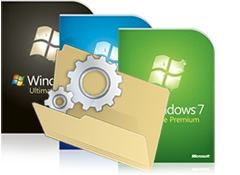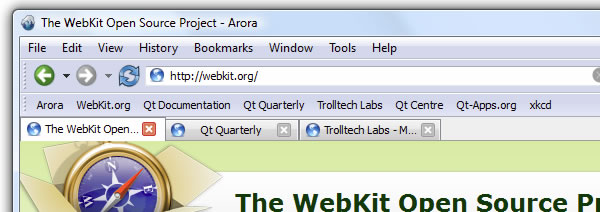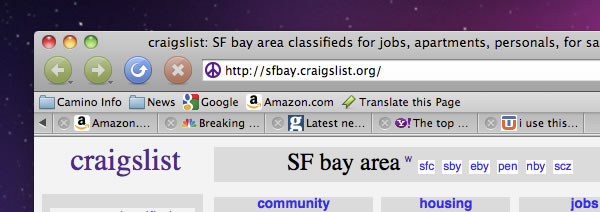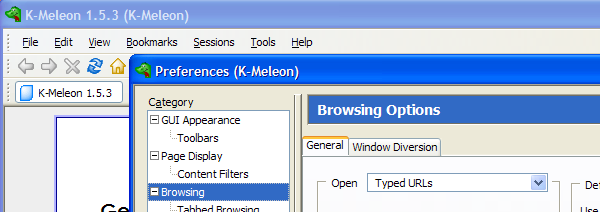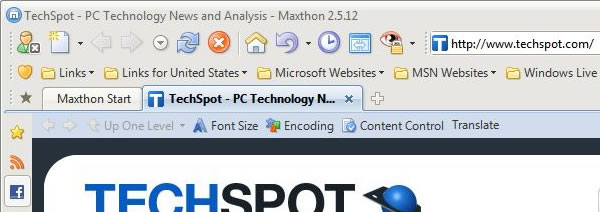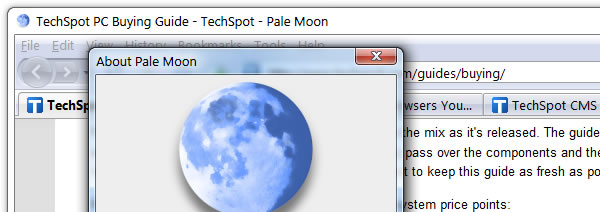Six Obscure Web Browsers You Might Love
It used to be that Firefox, Opera and others were the "alternative" Web
browsers, but in an age of
forced ballot screens that's not entirely accurate. In fact, one could say that the more experienced a user is the further and faster they run from Internet Explorer.
Excluding the "big five" you're undoubtedly familiar with (IE, Firefox, Chrome, Opera, and Safari), there are many little-known browsers that are potentially even more suitable for your needs, no matter how basic or advanced.
This week we are taking a look at six truly alternative browsers and what separates them from the rest of the pack. This is far from an all-inclusive list, and we'd love to hear if you happen to be using any of these yourself or perhaps there's yet another unheard of browser that we missed. In alphabetical order, the browsers:
Arora
Platforms:
Windows, Mac OS X, Linux, BSD, Haiku
Engine: WebKit
Why you care: Arora is an open source, cross-platform program that has a sensible feature set for the average user, such as built-in ad blocking, private browsing, session management and anything else you might expect from a basic browser. It's a worthy alternative to Chrome (it's based on the same WebKit engine) if you're interested in a lightweight solution but want something not branded by Google.
Download: Windows, Mac OS X, more
Camino
Platforms: Mac OS X
Engine: Based on Gecko, written in Objective-C Cocoa
Why you care: Camino's on a mission to provide the best possible browsing experience for OS X users, and it has integrated support for many of the operating system's services, such as Keychain, Bonjour, and Growl. Considering its specialized feature set, it's certainly a worthwhile replacement for Safari, Firefox or any other browser you might be using on your Mac.
Download: online purchase viagra OS X 10.4 or later, more
Flock
Platforms: Windows, Mac OS X, Linux
Engine: Gecko, Firefox codebase
Why you care: Flock has integrated features for popular social media services out of the box, including Facebook, Twitter, MySpace, YouTube, Flickr, Blogger, Gmail, and Yahoo Mail. Additionally, it's based on Firefox, so you should be familiar with it from the get-go. Some advanced users might still prefer Firefox along with an army of add-ons, but Flock could be useful for less tech savvy socialites.
Download: Windows, Mac OS X, Linux, more
K-Meleon
Platforms: Windows
Engine: Gecko
Why you care: K-Meleon's interface is extremely customizable and it uses a Windows native interface making it easy on system resources. You can consider this the Camino for Windows. Further optimized and portable derivatives are available, including one that claims it is the least resource intensive browser for Windows that uses an up-to-date rendering engine.
Download: Windows, more
Maxthon
Platforms: Windows
Engine: Trident
Why you care: Extremely popular in China, the browser has even received funding from well-known investors to continue its development. Maxthon crams a ton of features into the base install (sort of like Opera) without sacrificing the compatibility of IE's Trident rendering engine. Version 3.0 (currently in alpha) can switch between both Trident and WebKit to render Web pages.
Download: Windows, more
Pale Moon
Platforms: Windows
Engine: Gecko, Firefox codebase
Why you care: It's a Windows-optimized clone of Firefox that could offer you a slight performance boost — up to 25% on some SunSpider rendering and scripting tests they claim, while using less system memory. The speed gains come without a catch, since the browser should work with most of your Firefox extensions. In fact, it should automatically detect and make use of your existing Firefox profile upon installation, so it's a hassle-free "migration."
Download: Windows, more

